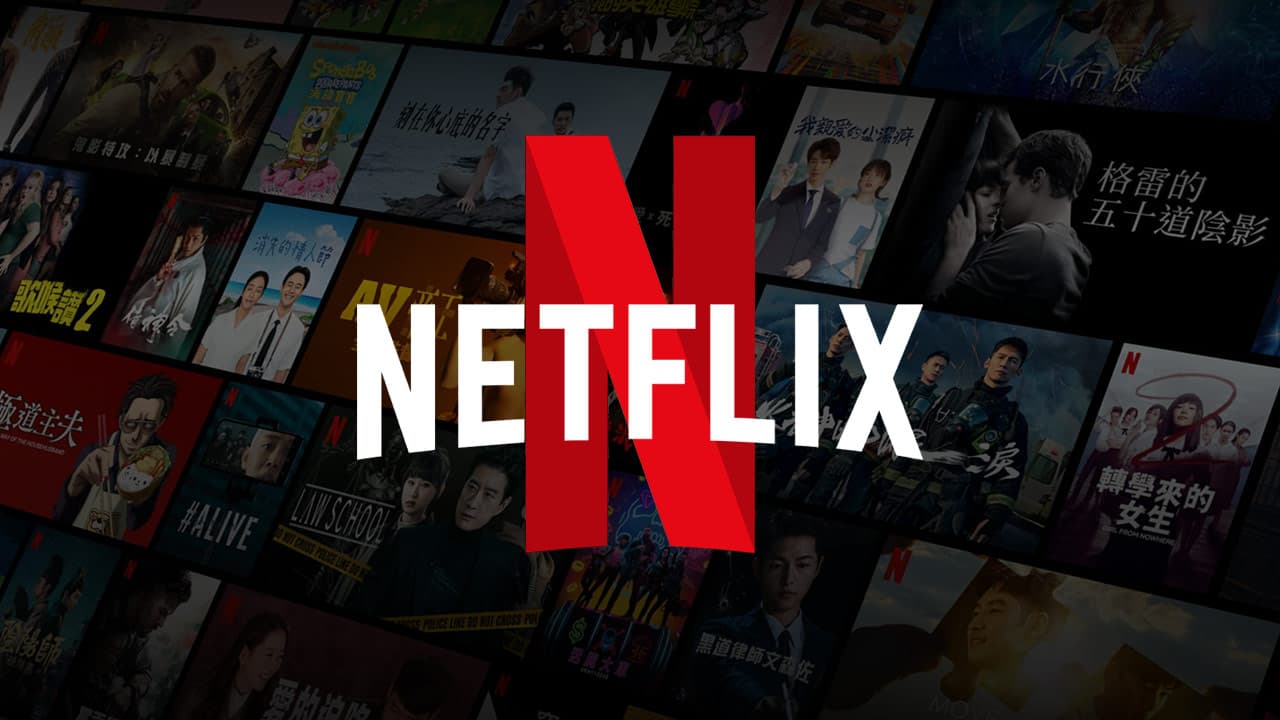
Sony’s December 2023 announcement was a wake-up call for many PlayStation users. Due to expiring licensing agreements, Sony informed customers that Discovery Channel shows they had purchased sometimes years earlier would be removed from their libraries at the end of the year. These weren’t rentals or subscription perks; these were titles people had paid for, expecting permanent access. Sony’s own terms of service make it clear: when you “purchase” digital content, you’re only buying a license to use it, not the content itself. That license can be revoked at any time, for reasons entirely out of your control.

This is not a Sony-specific problem. Microsoft, Nintendo, and Valve operate under similar models. Even if you download a game to your hard drive, your right to play it is contingent on the platform’s ongoing support and licensing deals. If your account is banned or a license expires, your entire digital library can vanish overnight.
The Streaming Paradox: Netflix, Amazon Prime, and the Mirage of Ownership

The illusion of digital ownership extends far beyond gaming. On platforms like Netflix and Amazon Prime Video, the situation is even more precarious. When you “buy” a movie on Amazon, you’re not actually acquiring the film itself. Instead, you’re purchasing a limited license for on-demand viewing, which can be revoked if Amazon loses the right to distribute that content. Amazon’s terms of service explicitly state that your access is subject to licensing agreements and may end without warning. The company has even defended itself in court by arguing that customers should have known, buried in the fine print, that their purchases were never truly theirs.
Netflix operates almost entirely on licensing agreements, both for its original content and third-party titles. Shows and movies cycle in and out of the catalog as deals expire, and there’s no guarantee that anything you watch today will be available tomorrow. The content you “own” is only ever as permanent as the contract behind it.
The Legal and Psychological Reality
Legally, digital purchases are licenses, not property. California’s new AB 2426 law aims to make this clearer by prohibiting companies from using terms like “buy” or “purchase” for digital goods that aren’t truly owned. But this is a rare exception; most regions still allow platforms to use misleading language, reinforcing the illusion of ownership while retaining all the power.
Psychologically, we invest time, money, and emotion into our digital libraries. Our playlists, game saves, and movie collections feel like extensions of our identity. But as digital platforms tighten their grip, we’re forced to reckon with the fact that we’re merely caretakers, not owners, of these virtual possessions.
Physical vs. Digital: The Last Refuge of True Ownership
The only way to guarantee lifelong access to media is to own it physically. A Blu-ray disc or a cartridge can’t be taken away by a server shutdown or a revoked license. Yet, as physical media becomes less common, our dependence on digital platforms and their shifting terms only grows.
Conclusion: Ownership in the Age of the Cloud
So, do you ever actually own anything digitally? The answer, for now, is no, not in the way we understand ownership in the physical world. What you “own” is access, conditional and revocable, subject to the whims of corporate licensing and technology. Until laws and business models catch up with consumer expectations, digital ownership will remain a convenient fiction a reminder that in the cloud, nothing is truly yours but the bill.














